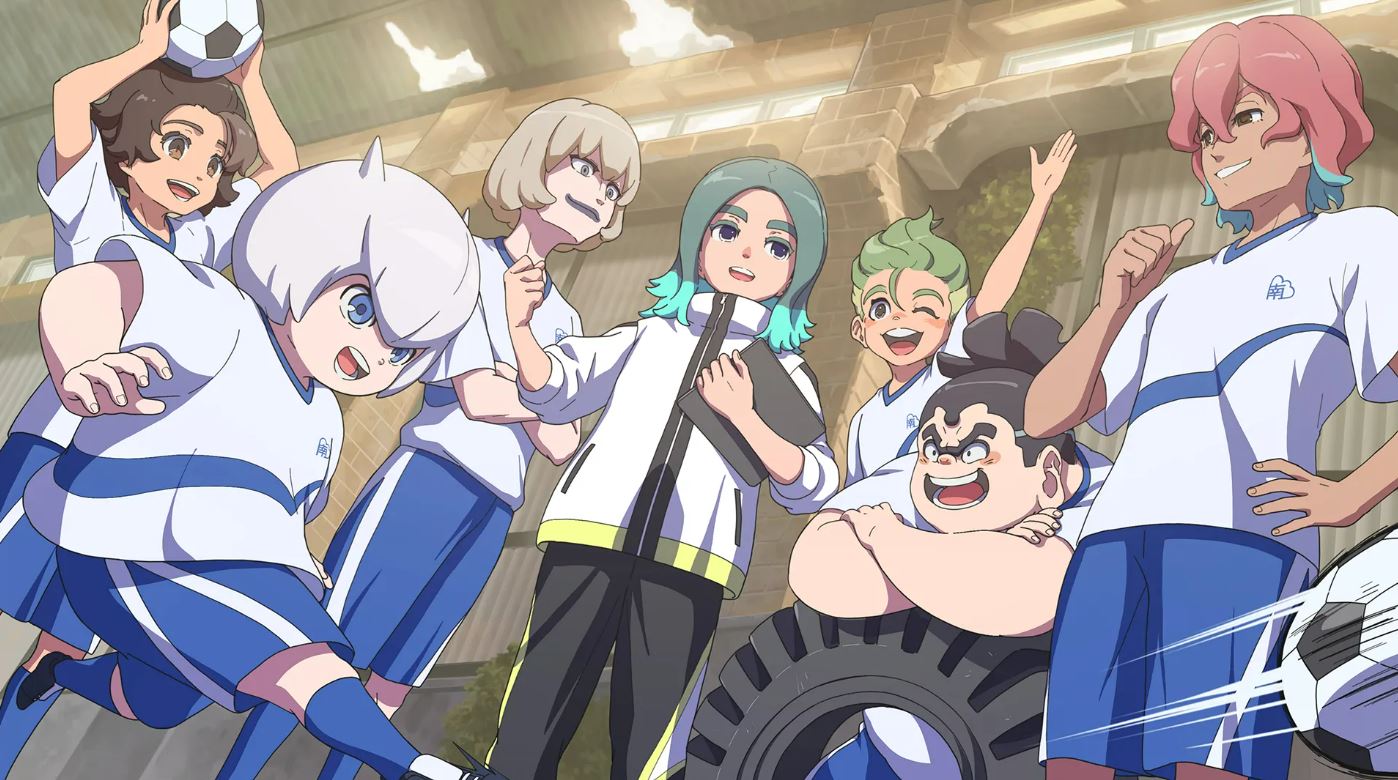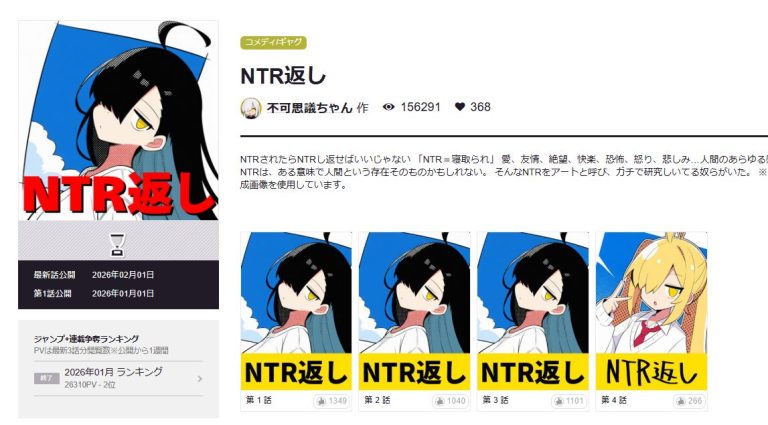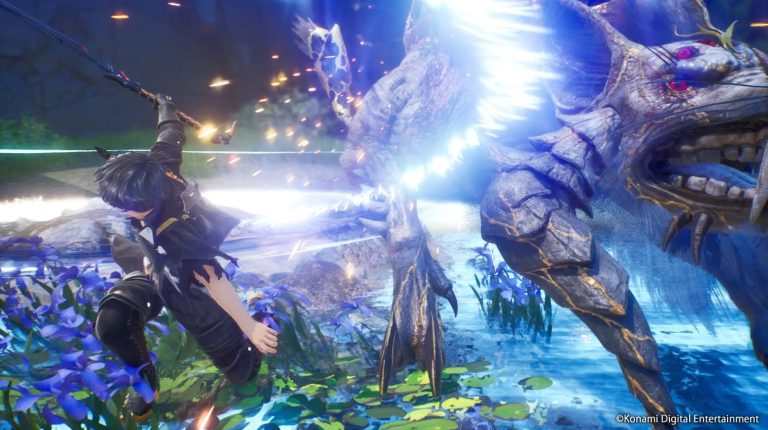Level-5 is a game developer known for its high-quality output, but it’s also somewhat infamous for delaying its releases. Case in point, their flagship title Inazuma Eleven: Victory Road is set to release in August this year, despite its initial release window being way back in 2018. Similarly, the recently launched Fantasy Life i: The Girl Who Steals Time also went through several delays, although its extended development period seems to have saved it.
In a recent talk show hosted by Denfaminicogamer Channel, Level-5 CEO Akihiro Hino offered some interesting insights about why the developer is often late on its promises, and why “just announce the game later” isn’t as simple a solution as it seems.
Hino explains that back when Yo-Kai Watch was at the peak of its popularity, Level-5 had too many lines developing content related to the IP simultaneously, which made it impossible to handle everything up to standard. Hino also found it hard to feel engaged with each project, and this experience contributed to him forming a new stance on game development. “Now, our philosophy, or rather company policy, is to refine our games thoroughly, no matter how much criticism we get for being late.”
That said, it’s not like Level-5’s release dates are arbitrary. “When we decide on a release date, it’s because we truly believe we can complete the game during that time.” According to Hino, projects that don’t encounter major issues mid-development (the kind that would require ground-up reworking) do tend to go mostly according to their estimated schedules. However, he points out that certain flaws only become apparent after a build is playable, which complicates things. “We try playing the game and go, ‘Oh wait, this is kind of boring,’ and then we have to enter the second round of development.” The only way to prevent this would be to form a schedule under the assumption that they might have to rebuild the game mid-development, which hardly sounds practical.
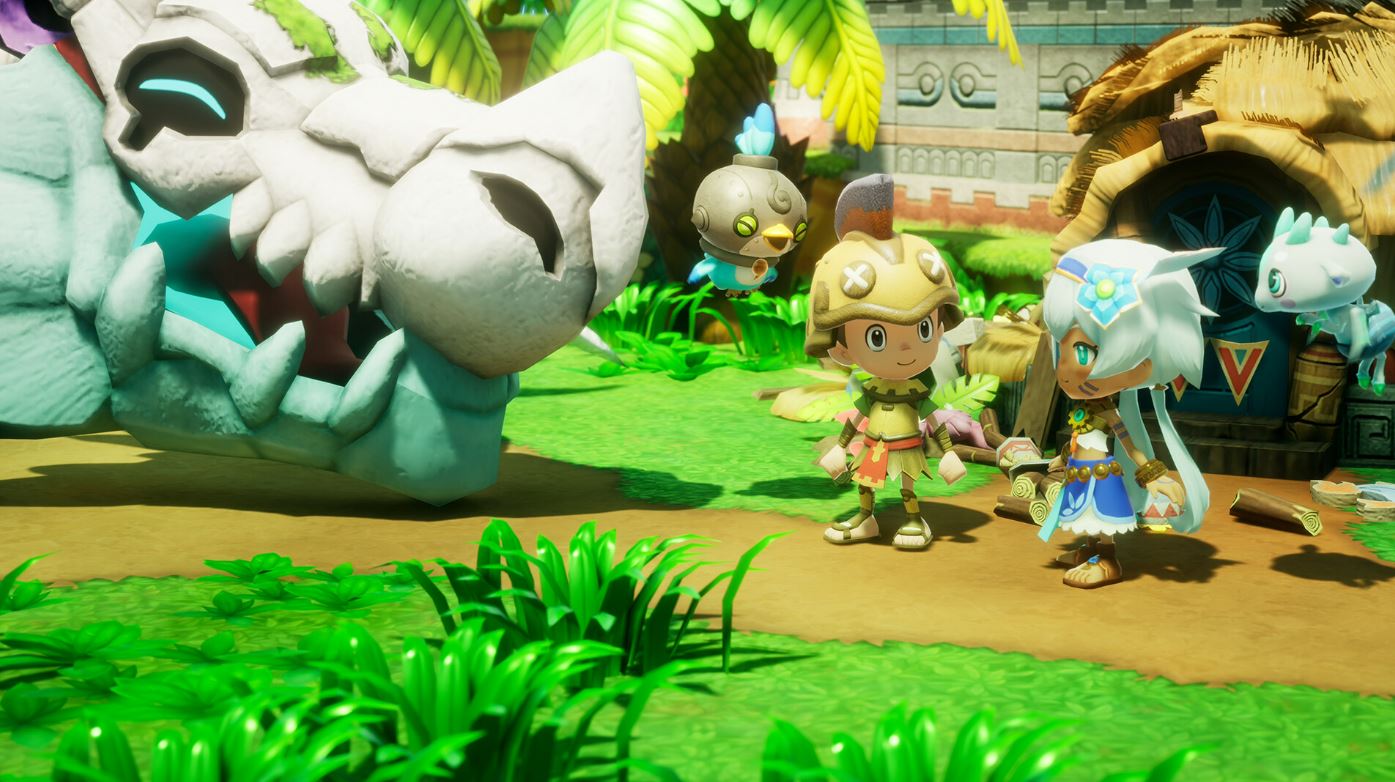
When asked “Why don’t you just make your announcements later on?” Hino agrees that it’s an entirely sound argument, commenting, “That’s what everyone tells us.” However, he also explains that, in the case of transmedia projects like Yo-Kai Watch and Inazuma Eleven, making an official announcement is crucial for gaining allies. Without committing to an announcement, publicly showing footage and having a clear project, you can’t form important partnerships related to licensing, anime and merchandising, because third parties won’t trust you, Hino explains.
Level-5’s CEO doesn’t specify whether such partnerships affect their development budget, but he comments that it’s hard to get a transmedia project off the ground without an announcement. Furthermore, if the announced release date is too far in the future, say three years from now, potential partners will not make a move either. Hino acknowledges that Level-5’s past experience with transmedia projects has affected the way they time announcements, which has contributed to delays.
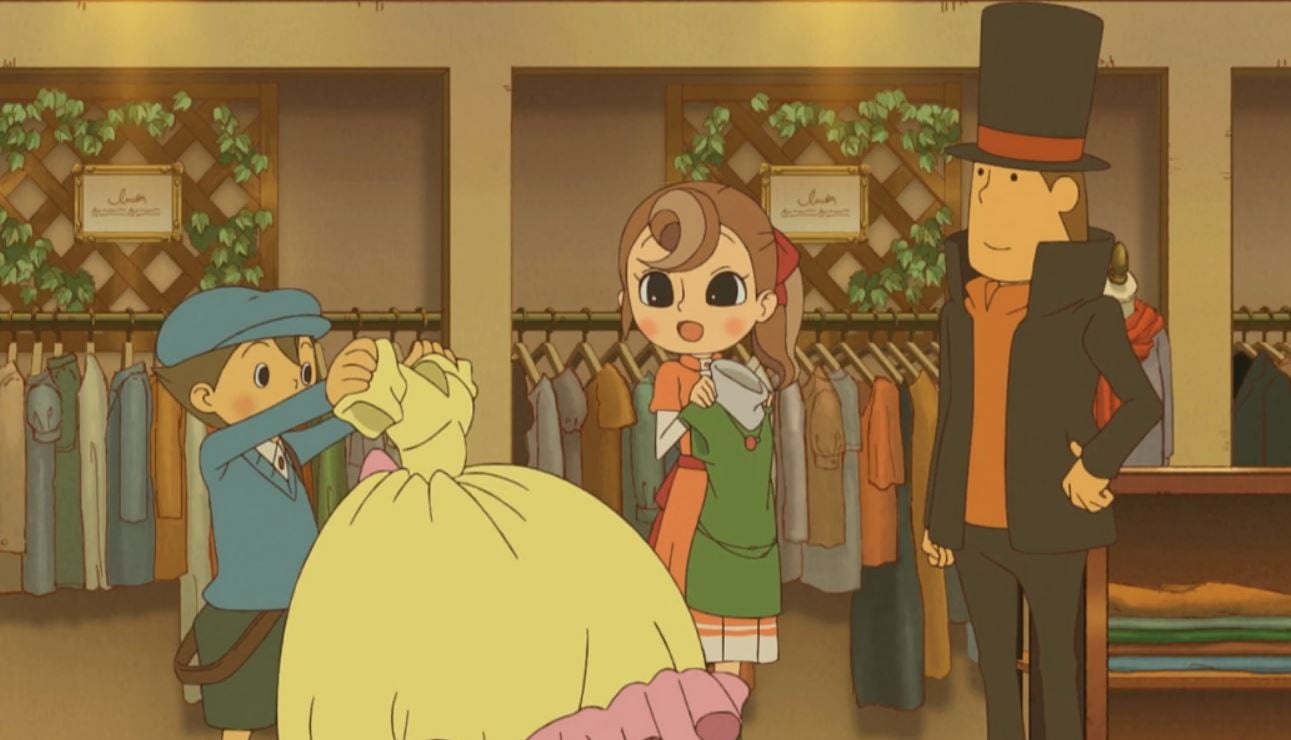
For the time being, Level-5’s approach seems to be announcing a relatively reasonable release window, working towards it, and unapologetically taking any extra time they need (albeit there is a limit, Hino acknowledges) until the game meets their standards.

